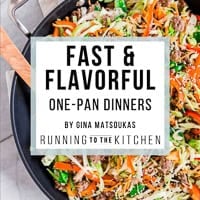We all have those go-to comfort foods that, while delicious, aren’t exactly doing our digestive systems any favors. The truth is, some of the most popular foods can wreak havoc on your gut, leading to issues like bloating, inflammation, and even long-term digestive problems. From artificial sweeteners that disrupt your gut microbiome to fried foods that slow down digestion, these common culprits can turn your gut into a battleground. Let’s break down the science behind why these foods are tough on your system and why, despite the consequences, they’re still so hard to quit.

Artificial Sweeteners
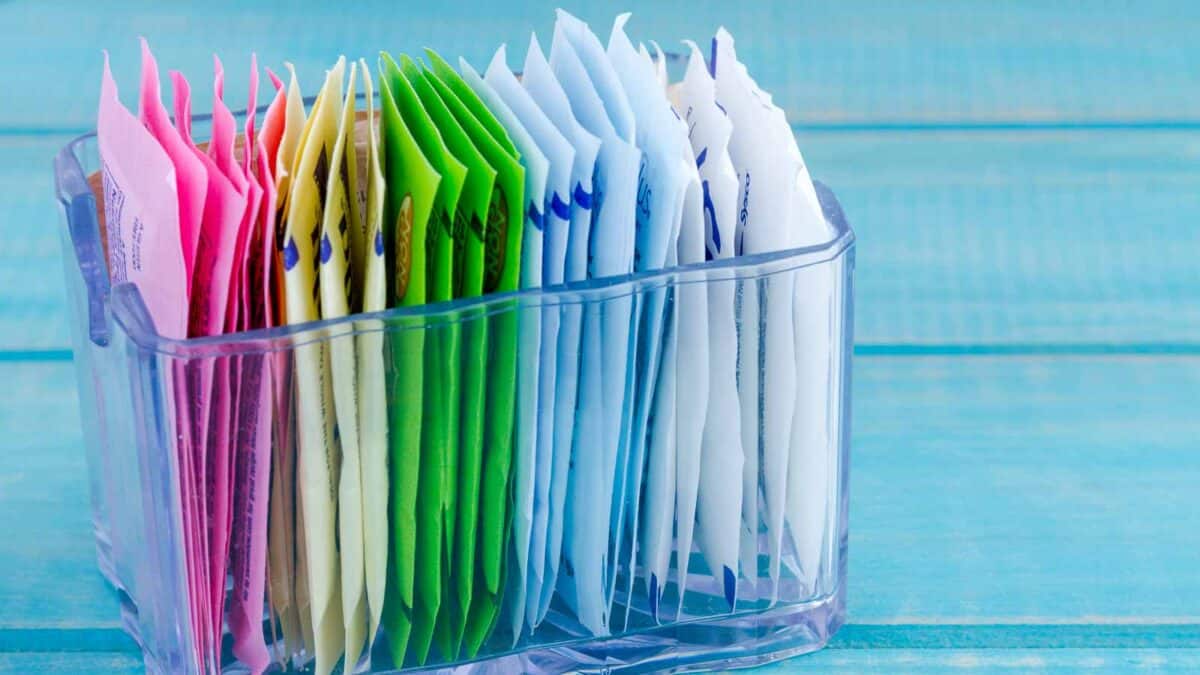
Artificial sweeteners like aspartame, sucralose, and saccharin may be low in calories, but they come at a cost. These sweeteners disrupt your gut microbiome, killing off good bacteria and promoting the growth of harmful strains. This imbalance can lead to bloating, gas, and even insulin resistance. Still, the appeal of sweet treats without the sugar rush keeps many people reaching for them.
Fried Foods

Fried foods, especially those cooked in unhealthy oils, are a recipe for gut disaster. High in trans fats and difficult to digest, they slow down the digestive process and increase inflammation in the gut lining. This often results in bloating, acid reflux, and general discomfort. Yet, the allure of that golden, crispy exterior makes it hard to pass up those fries or fried chicken.
Processed Meats
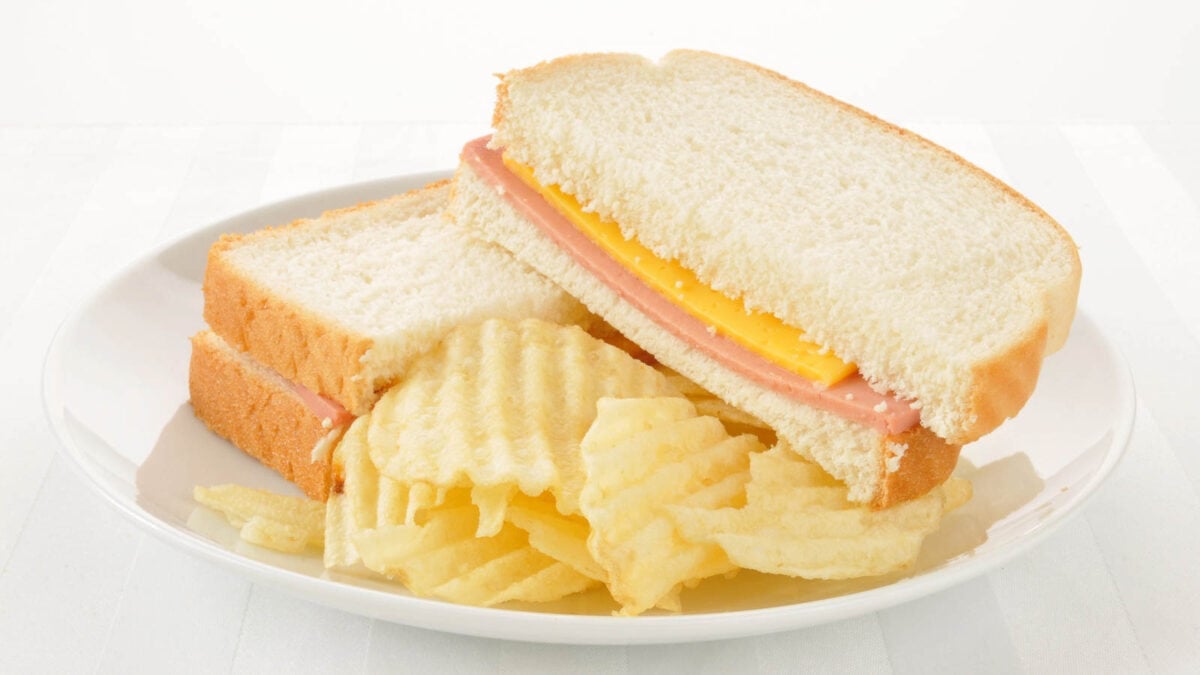
Processed meats like bacon, sausages, and deli slices are packed with preservatives, nitrates, and nitrites. These additives can irritate the gut lining, leading to inflammation and an increased risk of colorectal cancer. The high fat content doesn’t help either, slowing down digestion and adding to the burden on your gut. Despite this, the rich, savory flavors of these meats make them a staple in many diets.
Dairy
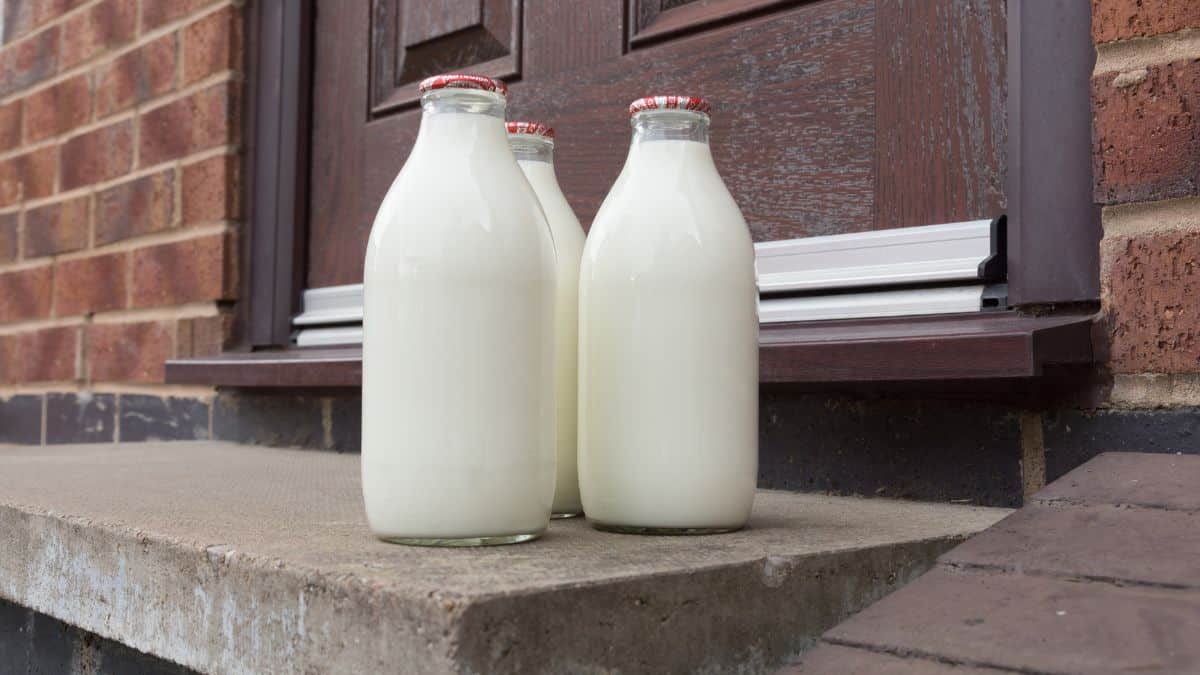
For those who are lactose intolerant, dairy is the ultimate gut offender. The lactose in milk, cheese, and other dairy products can cause bloating, gas, cramps, and diarrhea when your body struggles to break it down. Even if you’re not fully intolerant, dairy can still trigger digestive issues in some people. Yet, the nutritional benefits and the sheer love for cheese and ice cream make it hard to cut dairy out entirely.
Alcohol

Alcohol is a known irritant to the gut lining, leading to inflammation and disrupting the balance of good bacteria. It also interferes with the production of digestive enzymes, making it harder for your body to process food properly. This can result in everything from acid reflux to diarrhea. But let’s be honest, that happy hour cocktail or weekend glass of wine keeps you coming back for more, even if your gut pays the price.
Spicy Foods

Spicy foods, especially those with high levels of capsaicin, can irritate the lining of your stomach and intestines, leading to discomfort, heartburn, and even ulcers if consumed in excess. For some, the thrill of the heat is worth the occasional digestive rebellion, making spicy foods a regular indulgence despite the consequences.
Gluten

For those with gluten sensitivity or celiac disease, gluten is a major gut disruptor. Found in wheat, barley, and rye, gluten can cause bloating, diarrhea, and damage to the intestinal lining, leading to poor nutrient absorption. Even without a sensitivity, some people find that cutting back on gluten reduces gut issues. Yet, the convenience of bread, pasta, and baked goods keeps gluten a regular part of many diets.
Sugar
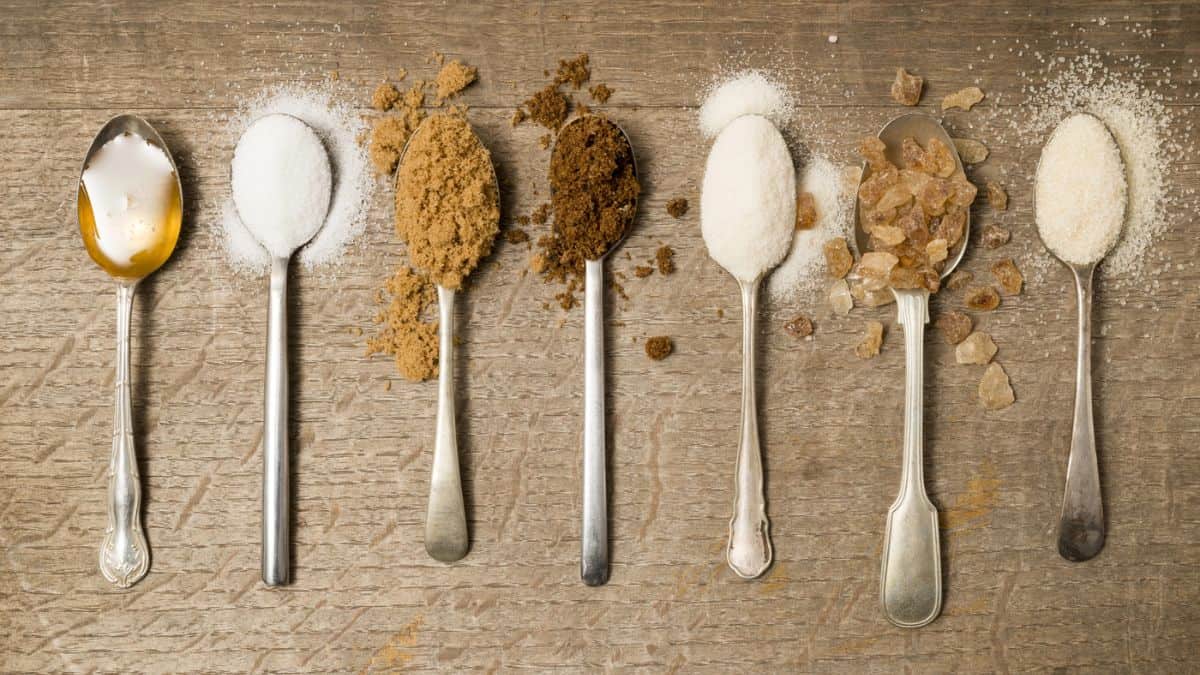
Sugar is not just bad for your waistline; it’s also a gut disruptor. High sugar intake can lead to an overgrowth of harmful bacteria and yeast in the gut, causing bloating, gas, and even more serious digestive issues like leaky gut syndrome. But the addictive nature of sugar keeps it as a staple in many diets, making it hard to avoid entirely.
Pickled and Fermented Foods
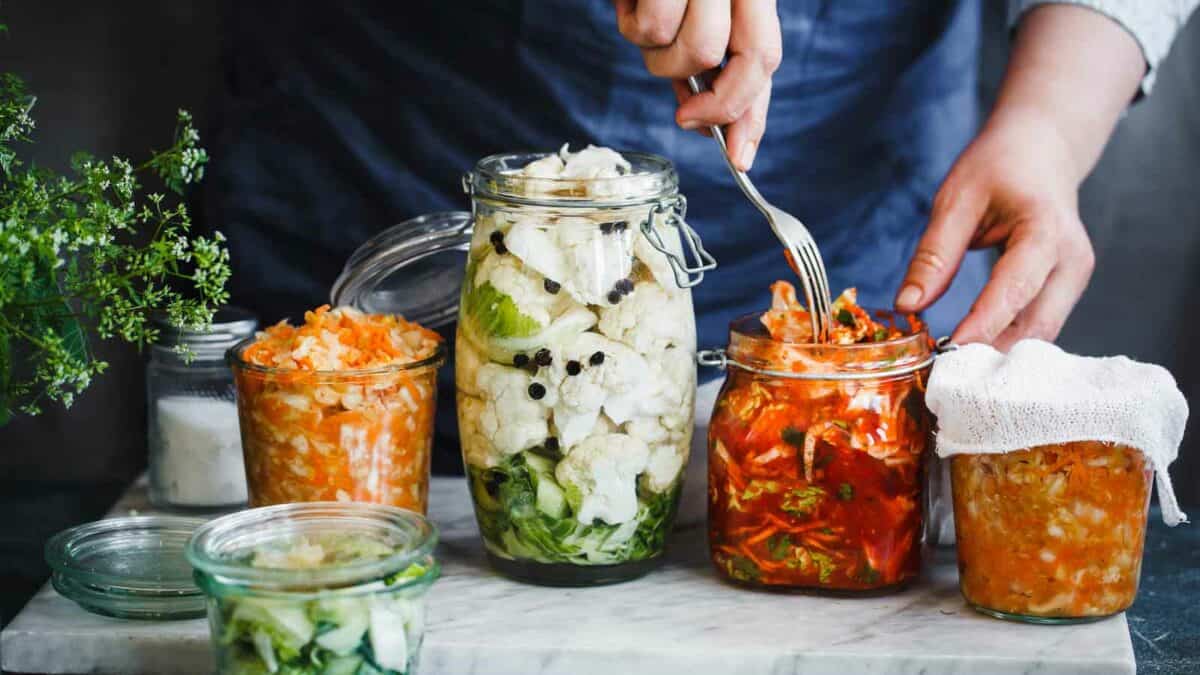
While these foods are praised for their probiotic benefits, pickled and fermented foods like sauerkraut and kimchi can be a double-edged sword. For some people, the high acidity and live bacteria can lead to bloating and discomfort, especially if your gut isn’t used to them. Yet, their bold flavors and health halo make them hard to resist.
Artificial Colors

Artificial food colors, found in everything from candies to soft drinks, can irritate your gut lining and disrupt your gut bacteria. Some studies have linked these additives to hyperactivity and other behavioral issues in children. Despite this, the vibrant colors make these foods more visually appealing, which can be a big draw, especially for kids.
Artificial Flavors
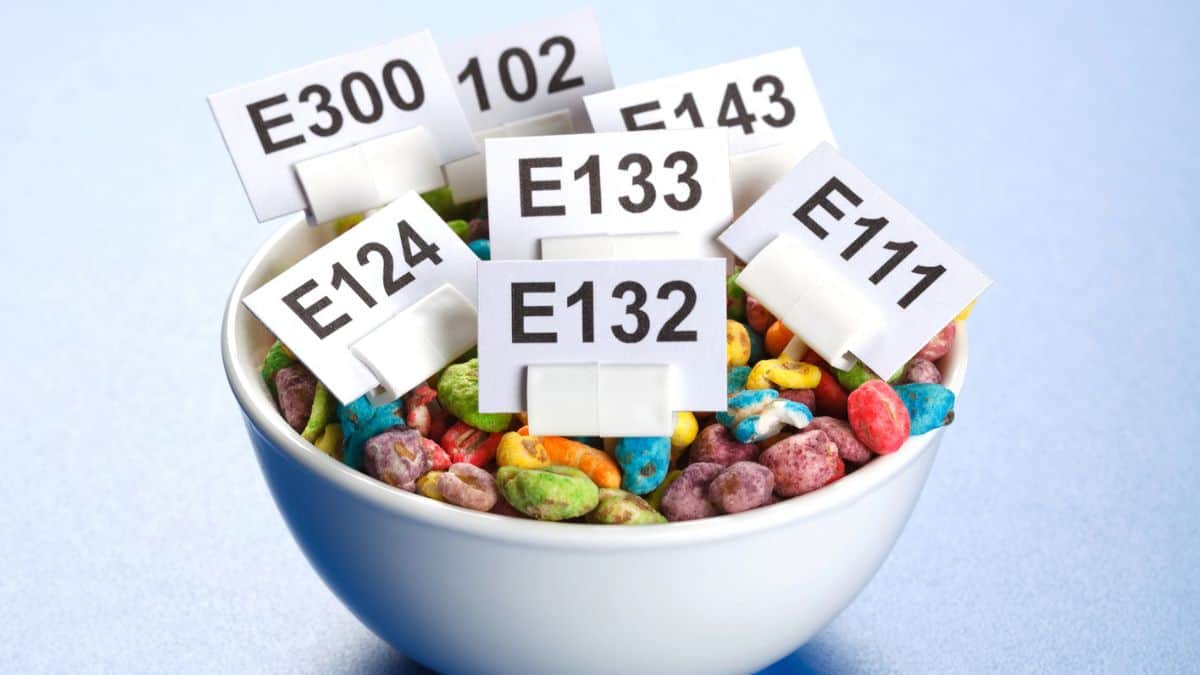
Artificial flavors are often used to enhance the taste of processed foods, but their safety is a mixed bag. While most research shows they aren’t inherently more harmful than natural flavors, both types of flavorings lack strict regulation. Many flavor products are only tested by their manufacturers, which means potential risks can be overlooked. For those with severe food allergies or digestive issues like IBS, artificial flavors can trigger allergic reactions or irritation. Additionally, certain artificial flavoring ingredients, such as benzophenone and styrene, have been linked to cancer and have since been banned by the FDA. However, the need for more research remains to fully understand the risks associated with both artificial and natural flavorings.
Fast Food

Fast food is a triple threat to your gut: high in unhealthy fats, sugar, and salt. It’s hard to digest, promotes gut inflammation, and disrupts the balance of your gut bacteria. Yet, the convenience and addictive taste of fast food keep it a go-to option for many, despite the long-term gut consequences.
12 Cheap Foods That Outshine Expensive Probiotic Supplements

Probiotic supplements can be expensive, but you don’t have to break the bank to support your gut health. There are plenty of affordable foods that can do the job just as well, if not better. These relatively cheap and accessible foods outshine pricey probiotic supplements so you can boost your digestion without emptying your wallet.
Read it Here: 12 Cheap Foods That Outshine Expensive Probiotic Supplements
11 Immune-Boosting Foods You’re Not Eating Enough Of

Keeping your immune system strong is more important than ever, and the right foods can make a big difference. Eating certain ingredients can help you stay healthy and fend off illnesses by providing essential vitamins and antioxidants. Try incorporating some of these key foods into your diet on a weekly basis to help stay strong and healthy for when sickness comes your way.
Read it Here: 11 Immune-Boosting Foods You’re Not Eating Enough Of
*Select images provided by Depositphotos.
Gina Matsoukas is an AP syndicated writer. She is the founder, photographer and recipe developer of Running to the Kitchen — a food website focused on providing healthy, wholesome recipes using fresh and seasonal ingredients. Her work has been featured in numerous media outlets both digital and print, including MSN, Huffington post, Buzzfeed, Women’s Health and Food Network.
